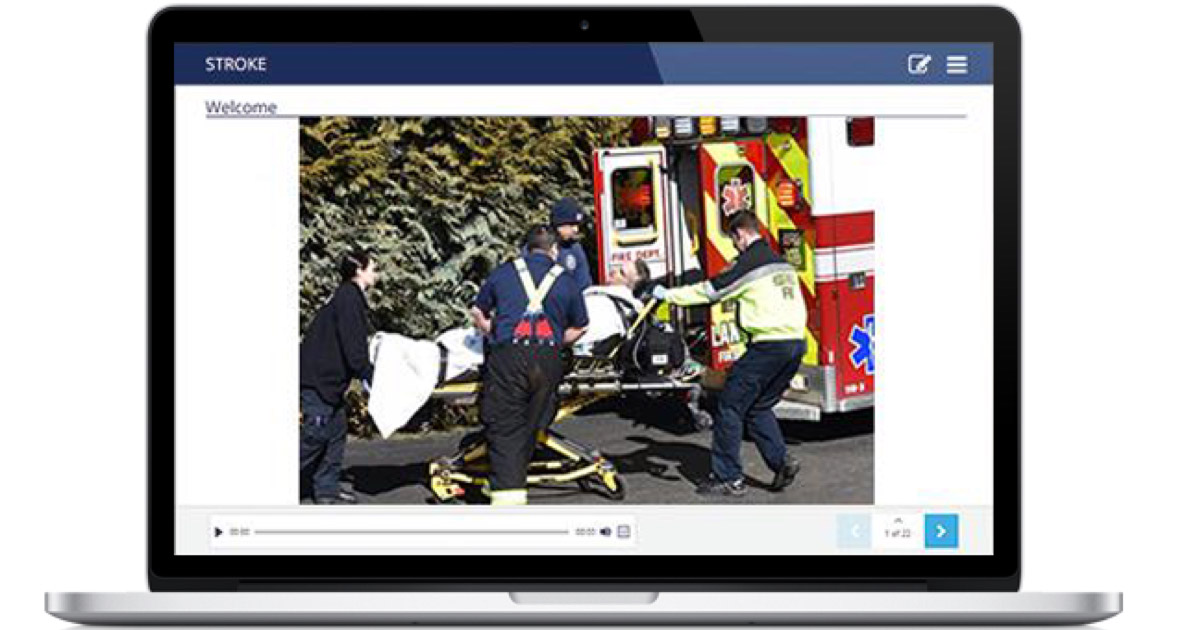Did you know? Sepsis takes more than 270,000 lives a year in the United States.
Thankfully, as many as 80% of sepsis deaths could be prevented with rapid diagnosis and treatment.
Explore Recert's unique Sepsis: First Response Video (ALS Edition) course today and become prepared to respond.
Sepsis: First Response Video (ALS Edition)
This training video explores sepsis, which takes more than 270,000 lives a year in the United States. Prehospital care provided by EMS personnel in the field can lead to faster treatment times for sepsis patients in the emergency department.
After completing this course, the practitioner will be able to:
- Differentiate sepsis from septic shock.
- Describe the role of prehospital providers in the identification, assessment, and treatment of patients with sepsis and septic shock.
- Explain the role of vital signs such as blood pressure, mean arterial pressure, lactate, end-tidal CO2, and temperature in the identification and assessment of patients with sepsis and septic shock.
- Justify the escalation or termination of fluid resuscitation/pressor administration for patients experiencing septic shock.
Visit www.recert.com to learn more, create your free profile, or a request a demo today.
